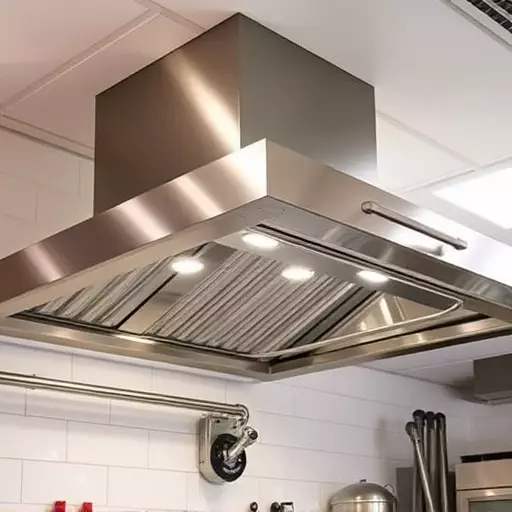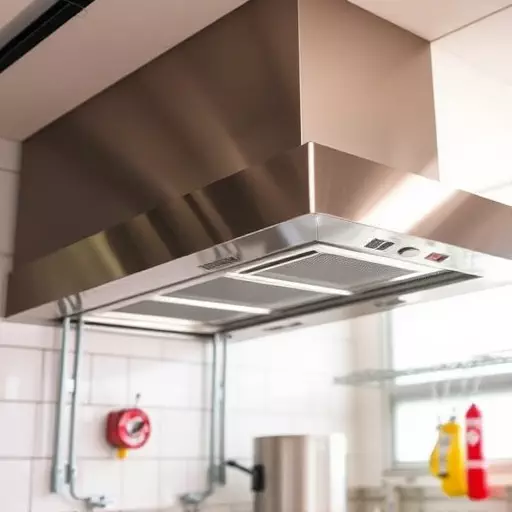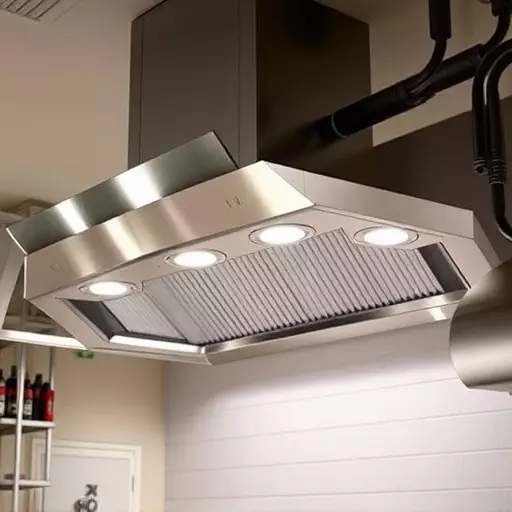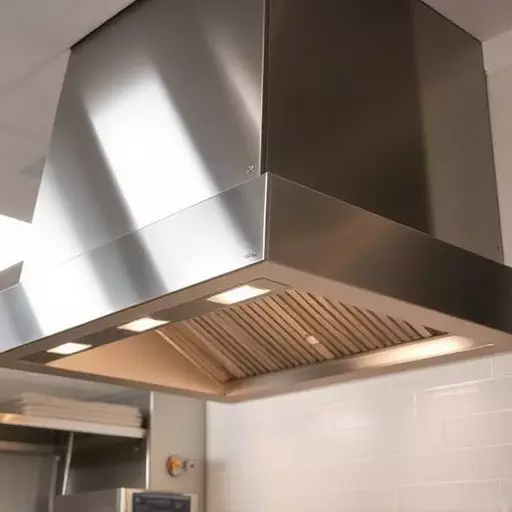Commercial kitchens in Jacksonville are required to undergo regular kitchen suppression system inspection Jacksonville to comply with UL 300 standards, which are integral for fire safety. These inspections are not optional but a mandatory part of adhering to local fire codes and ensuring the protection of both people and property within food service establishments. The comprehensive assessments conducted by certified professionals cover all aspects of the suppression system, including hood suppression systems, to verify that they function correctly and pose no risk in case of a fire. Functional testing, which includes discharging a small amount of suppressant, is essential to confirm the system’s effectiveness in real-life scenarios. Proper documentation of these tests serves as proof of compliance with safety standards. To guarantee ongoing safety, business owners must prioritize regular maintenance and adherence to UL 300 standards as part of their fire suppression compliance checks regime. This proactive approach to kitchen suppression system inspection in Jacksonville is critical for the safety and success of commercial kitchen operations.
Ensuring the safety of commercial kitchens is paramount, and adhering to UL 300 compliance for kitchen suppression systems in Jacksonville is a critical aspect of this. This article delves into the intricacies of maintaining fire suppression system inspection standards, emphasizing the importance of regular hood suppression system inspections as per local regulations. We’ll guide you through the essential steps of fire suppression compliance checks in Jacksonville’s commercial kitchens, ensuring your establishment remains protected and compliant with safety protocols. Kitchen suppression system inspection Jacksonville is not just a regulatory requirement but a proactive measure to safeguard lives and property against the risks of fire.
- Understanding UL 300 Compliance for Kitchen Suppression Systems in Jacksonville
- The Importance of Regular Hood Suppression System Inspections
- A Step-by-Step Guide to Fire Suppression Compliance Checks in Commercial Kitchens
Understanding UL 300 Compliance for Kitchen Suppression Systems in Jacksonville

When it comes to safeguarding commercial kitchens from the dangers of fire, compliance with UL 300 standards is paramount for establishments in Jacksonville and beyond. UL 300 compliance inspection ensures that kitchen suppression systems are designed, installed, and maintained to meet rigorous safety criteria set forth by the Underwriters Laboratories (UL). These systems, which include hood suppression systems, are critical components of a fire protection plan, and their regular inspection is not just a legal requirement but an essential measure to prevent fire incidents. Business owners in Jacksonville must adhere to fire suppression compliance checks to ensure that their kitchens remain safe and operational. A thorough inspection of the kitchen suppression system by certified professionals will verify its functionality, detect potential hazards, and provide peace of mind for both the staff and patrons. Regular maintenance and upkeep are integral to maintaining a UL 300 compliant status, which is vital for the continued safety and success of food service operations. By staying on top of these kitchen suppression system inspections, Jacksonville establishments can protect their investments and ensure the well-being of everyone who enters their premises.
The Importance of Regular Hood Suppression System Inspections

Regular inspections of kitchen suppression systems are a critical component in maintaining a safe cooking environment, particularly in commercial settings. In Jacksonville and beyond, adherence to fire suppression compliance checks is mandated not just by local regulations but also by industry standards such as UL 300. These inspections ensure that the hood suppression system inspection components are functioning correctly, free of obstructions, and fully operational in the event of an emergency. The frequency of these inspections, often determined by the National Fire Protection Association (NFPA), is crucial for identifying potential issues before they become hazardous. By conducting regular kitchen suppression system inspections, businesses can mitigate the risks associated with grease fires and other cooking-related fires, which are a common cause of commercial kitchen fires. These compliance checks are not merely box-ticking exercises; they are vital for safeguarding lives, protecting property, and ensuring ongoing compliance with fire safety standards. For establishments in Jacksonville, maintaining up-to-date records of these inspections is also a smart business practice, demonstrating due diligence and commitment to the safety of employees and patrons alike.
A Step-by-Step Guide to Fire Suppression Compliance Checks in Commercial Kitchens

When ensuring the safety and compliance of commercial kitchens in Jacksonville, regular inspections of fire suppression systems are paramount. A kitchen suppression system inspection Jacksonville is a critical component of maintaining a safe cooking environment. These systems are designed to protect against fires caused by grease and other combustible materials that are common in food preparation areas. The first step in the compliance check process involves a visual assessment of the fire suppression system, including checking for any signs of damage or wear that could impair its functionality. This includes inspecting the nozzles, control mechanisms, pipes, and wiring to ensure they are free from corrosion, blockages, or other issues that might prevent the system from operating correctly in an emergency.
Fire suppression compliance checks are not a one-time task; they require diligent maintenance and regular testing. In Jacksonville, as in many regions, local fire codes, such as UL 300, dictate the frequency of these inspections to ensure continuous compliance. The next step is to perform a functional test, where the system is activated to verify that it operates as intended. This involves discharging a small amount of suppressant to confirm that the hood suppression system inspection effectively covers all cooking equipment and extinguishes or suppresses a simulated fire. Documentation of these tests is essential for compliance and should be maintained meticulously, providing a history of the system’s performance over time. Regular maintenance by certified professionals and adherence to UL 300 standards are key to ensuring that commercial kitchens in Jacksonville remain protected from fire hazards.


